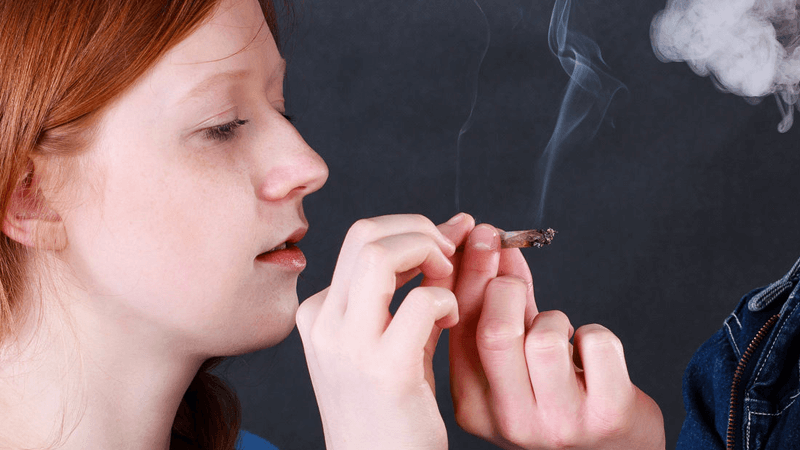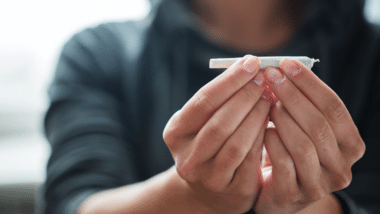Babies born to parents who regularly used cannabis in their teenage years are much more likely to be premature, researchers have found.
Scientists from the universities of Bristol and Melbourne discovered that mothers and fathers who were heavy cannabis users between the ages of 15 and 17 were six times more likely to go on to have a premature or underweight child.
The research team monitored the association between cannabis use prior to conceiving and pregnancy outcomes for 665 parents over a 15 year period in the Australian state of Victoria.
Long-term consequences
An article published by the researchers in the journal Scientific Reports presented “strong evidence that daily cannabis use at age 15-17 was associated with over a six-fold increase in the odds of offspring PTB”. PTB stands for “pre-term birth”.
A similar link to low birth weight was also observed.
It also said: “Prematurity is not only a leading cause of neonatal death but those who survive have greater risks for neurodevelopmental disabilities in later childhood, cardiovascular and metabolic diseases in later life”.
Problems from legalisation
The report highlighted that “cannabis legalisation in many jurisdictions is increasing cannabis availability” and co-author of the report Dr Lindsey Hines pointed out that: “Cannabis is the most commonly used illicit drug amongst teenagers.”
She added: “There is already evidence that frequent adolescent cannabis use increases the risks for poor mental health but our results indicate there may be further effects that individuals may not anticipate.”
Last year, a US study showed that cannabis acts as a ‘gateway drug’, leading users to other illegal substances such as cocaine.
And recent research conducted at the UK’s University of Bath revealed that the potency of cannabis has increased over the past fifty years and the drug is becoming progressively worse in its effects.
Psychosis and ‘scromiting’ on the rise among young US cannabis users
US: Pot-smoking teens with mental health disorders three times more likely to self-harm


